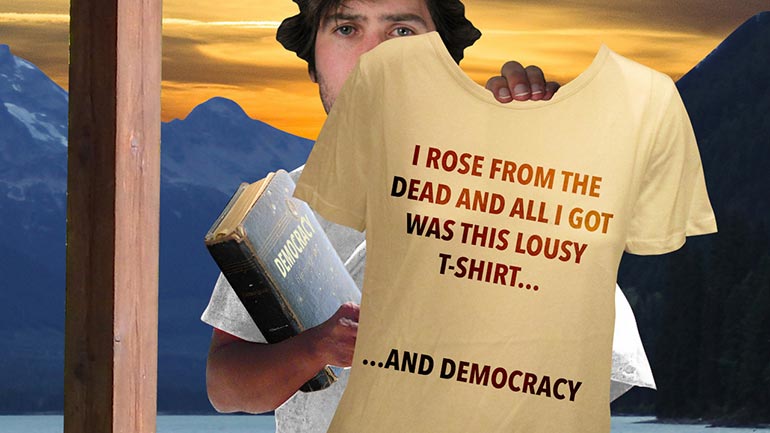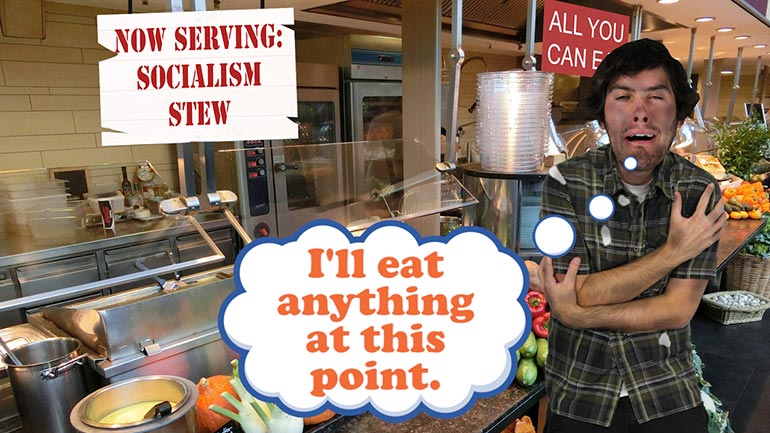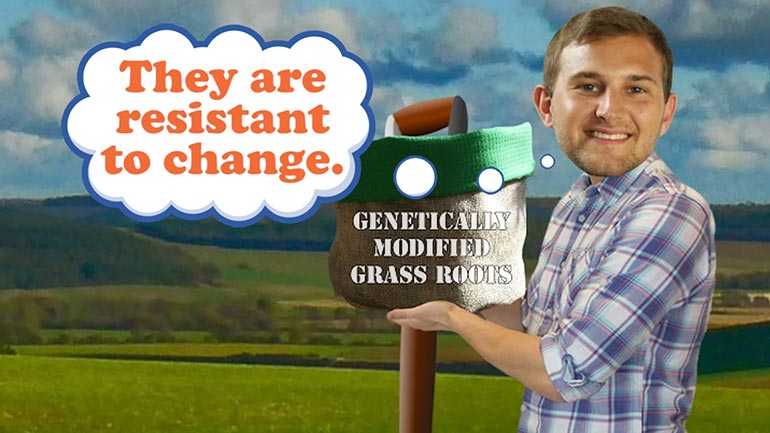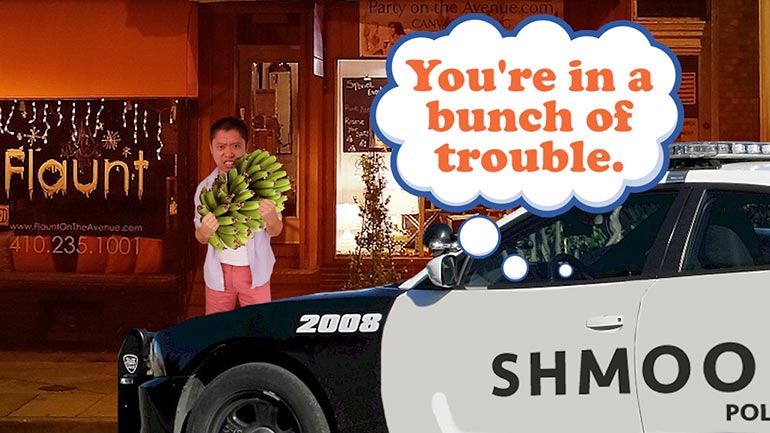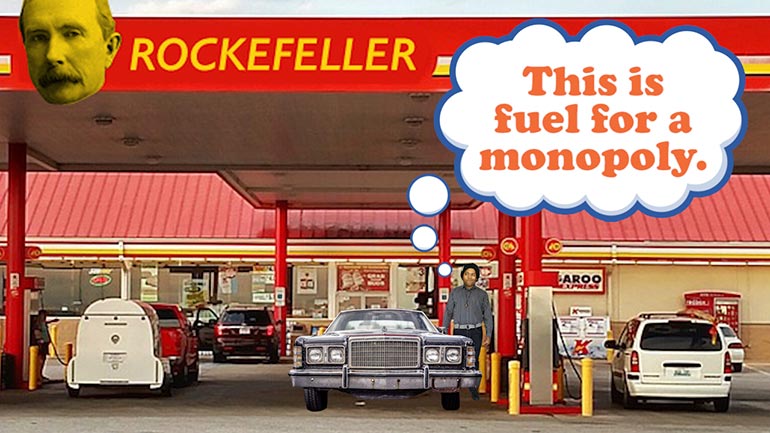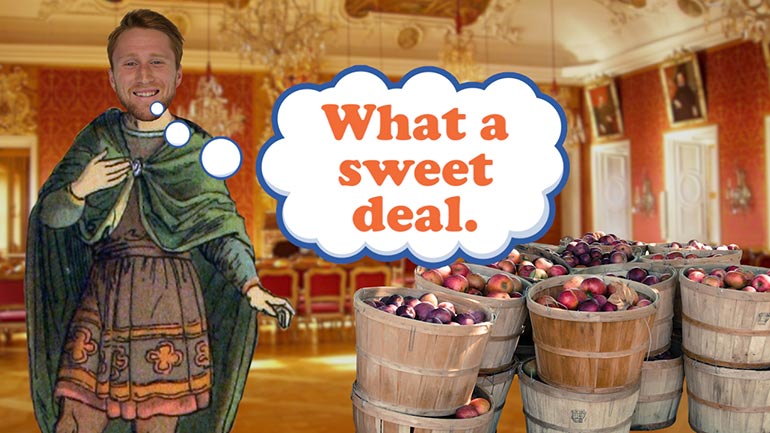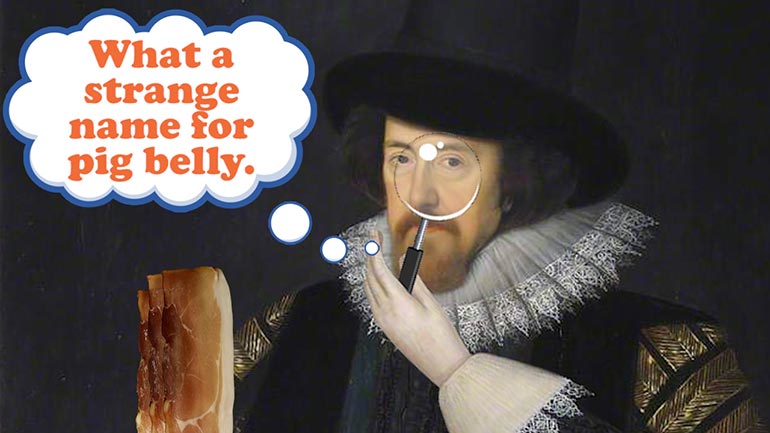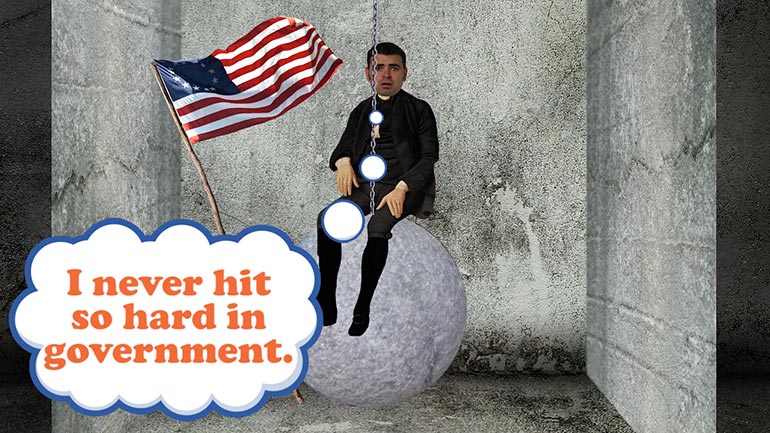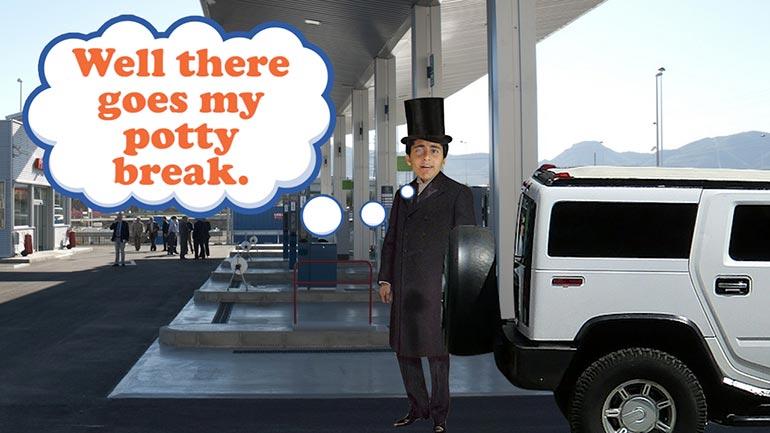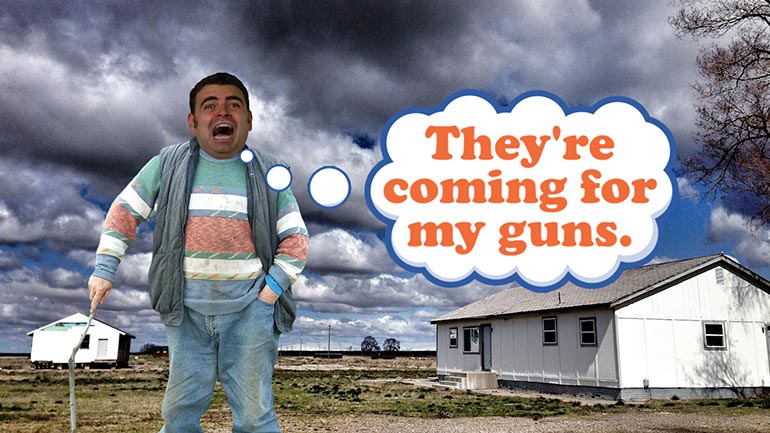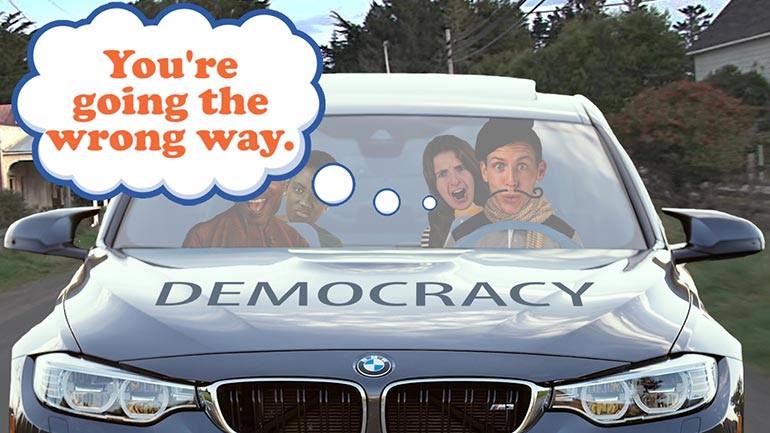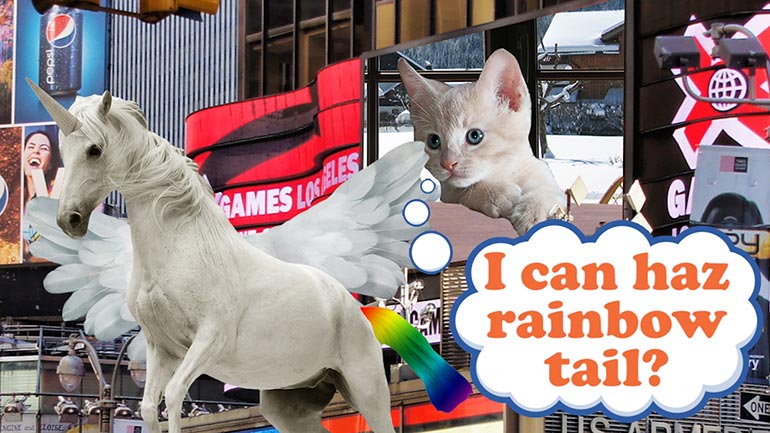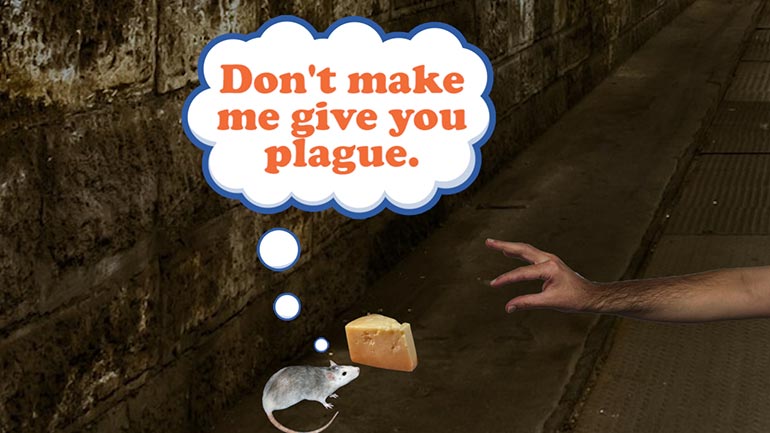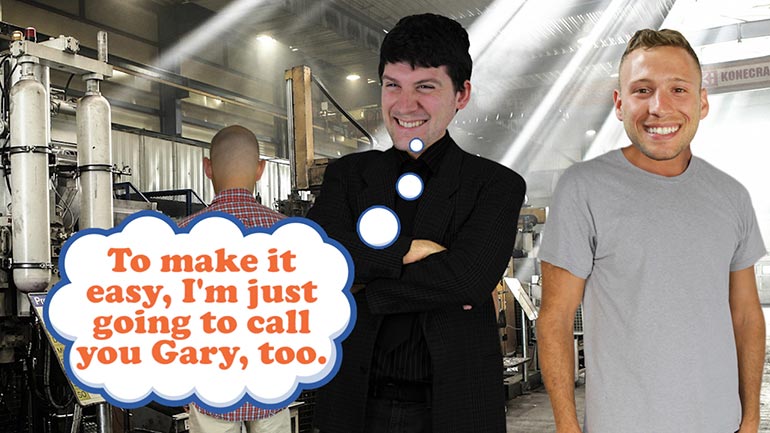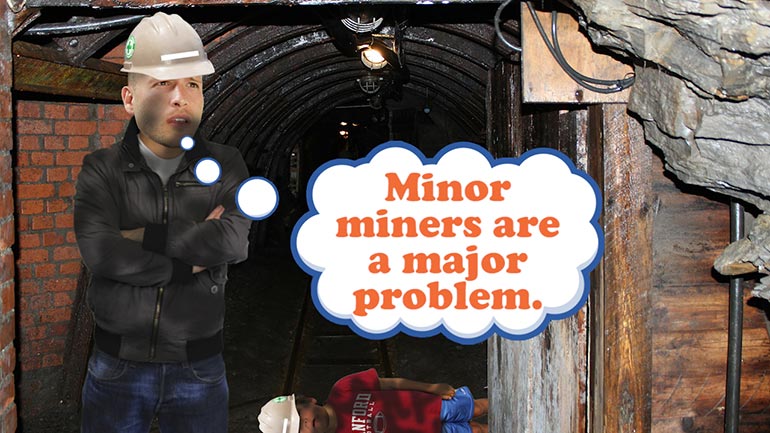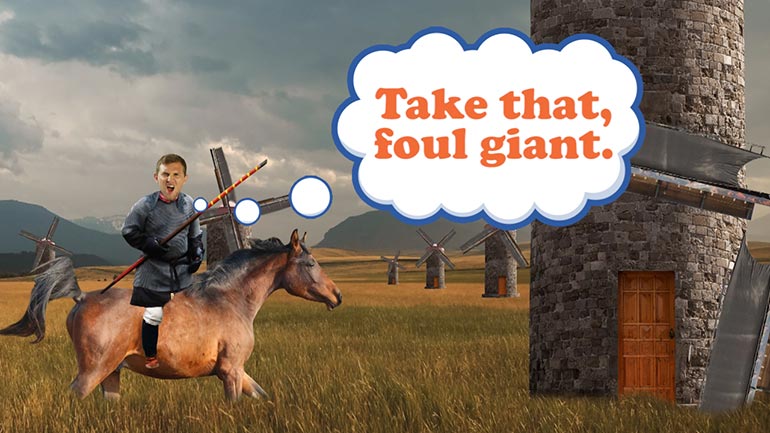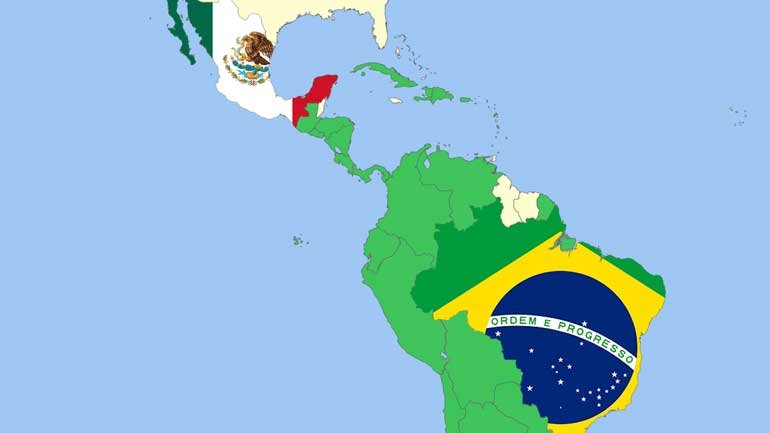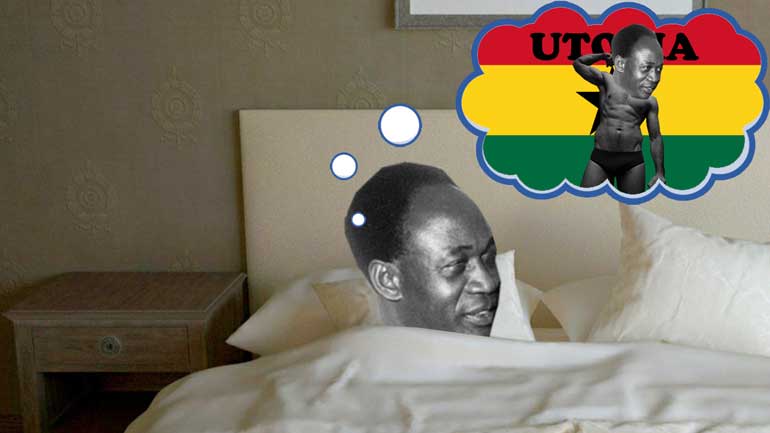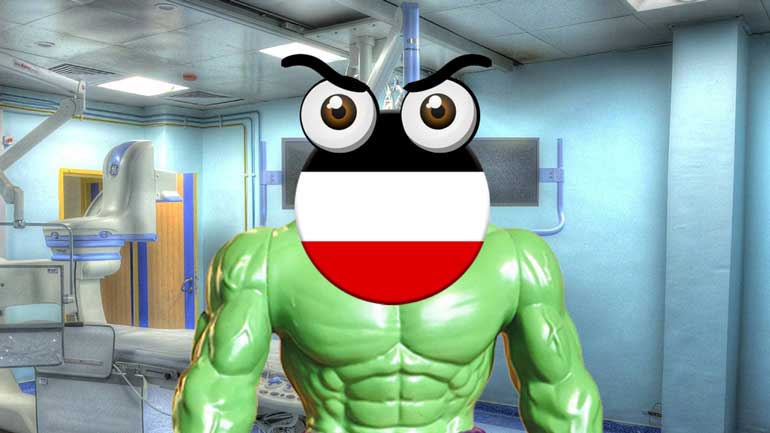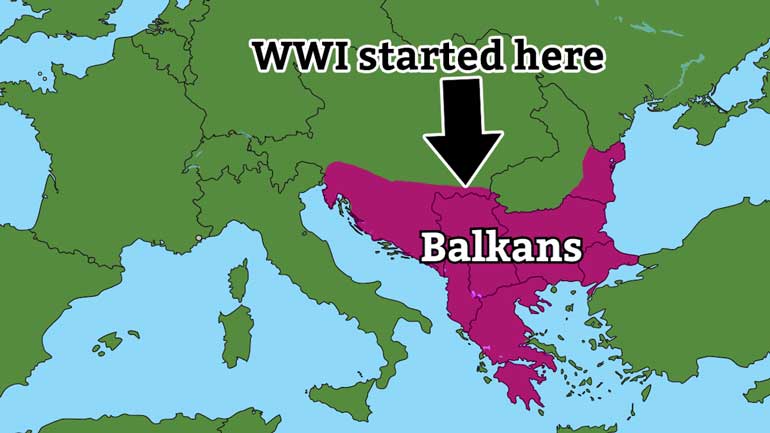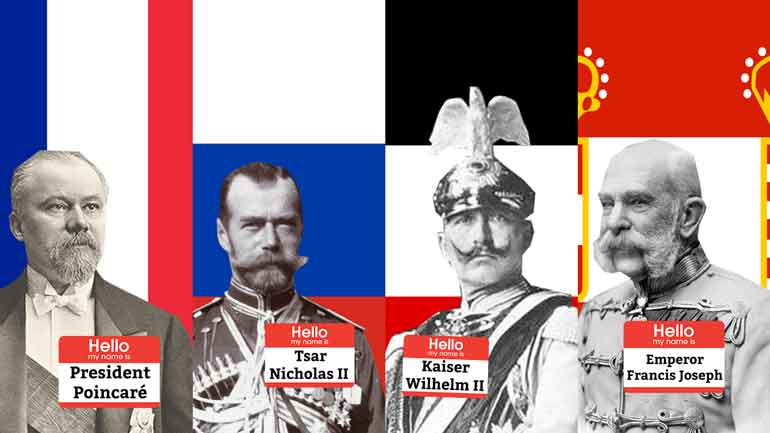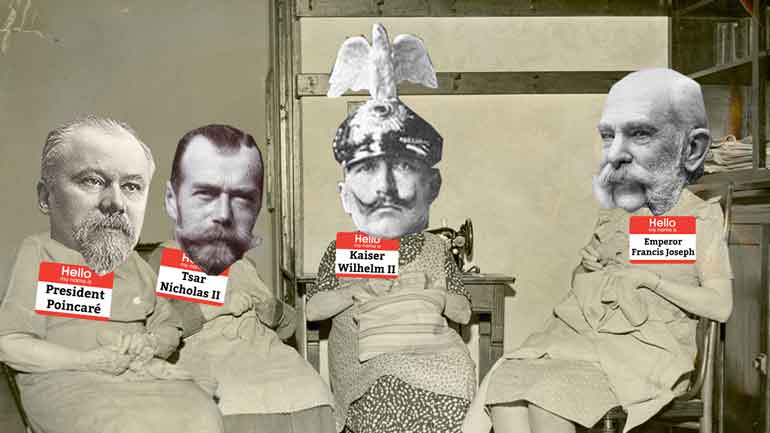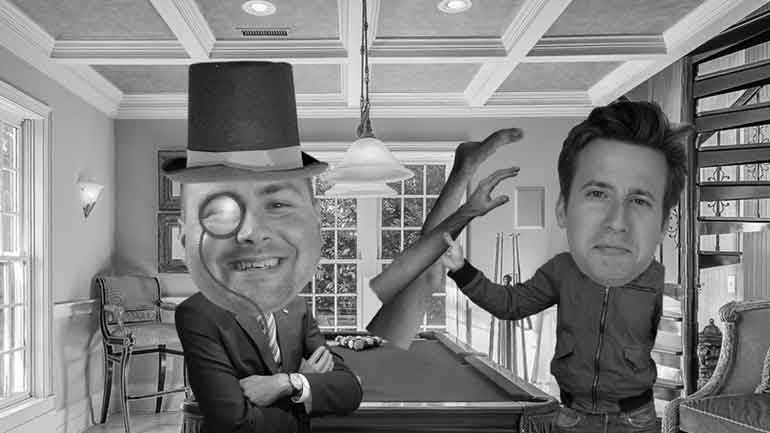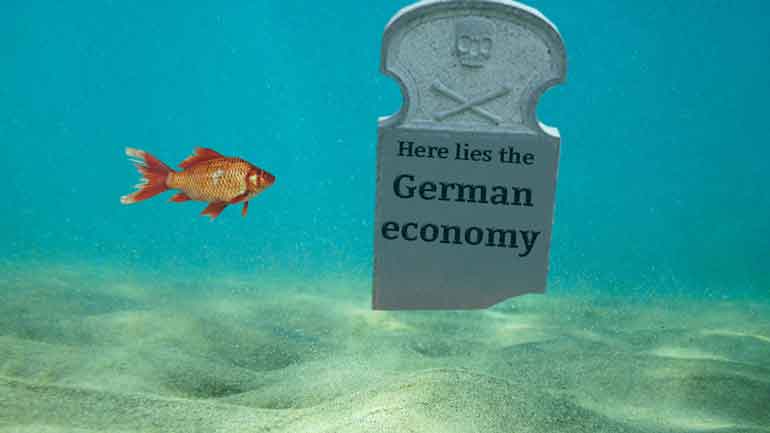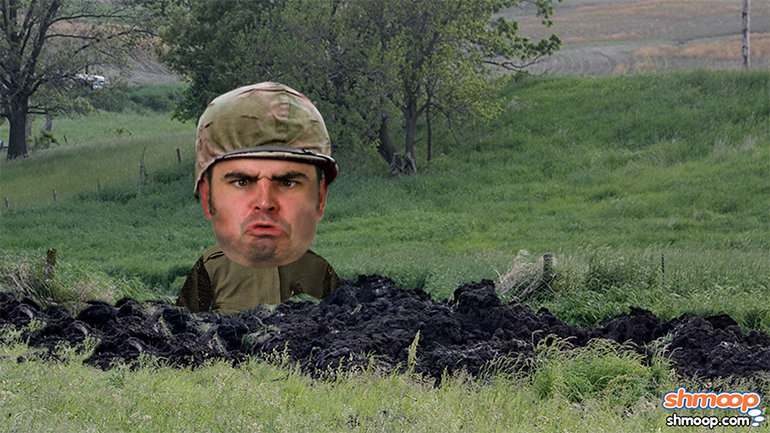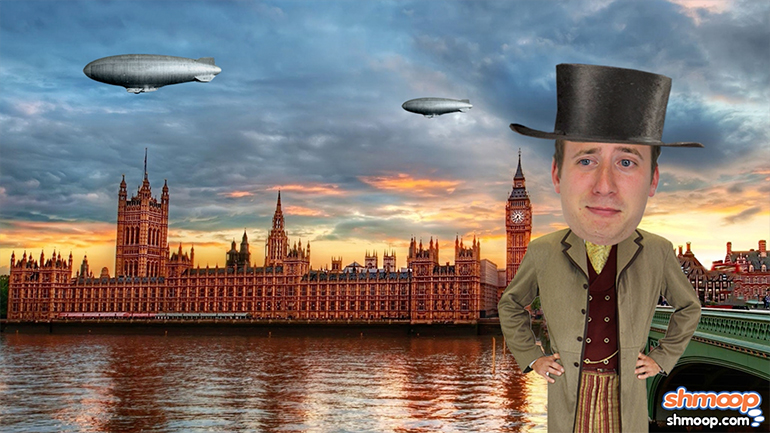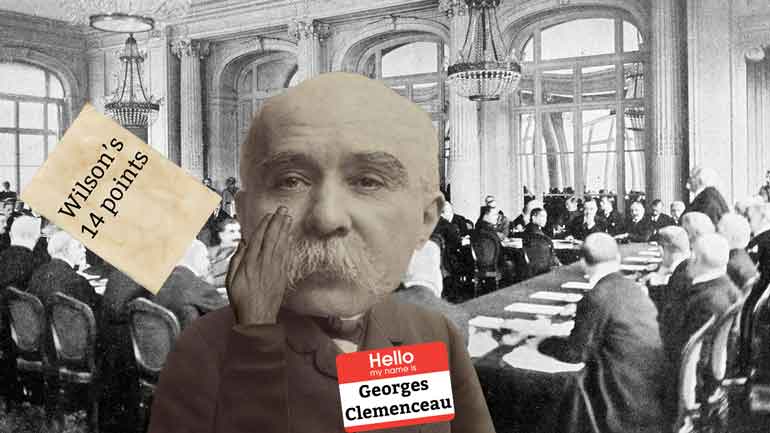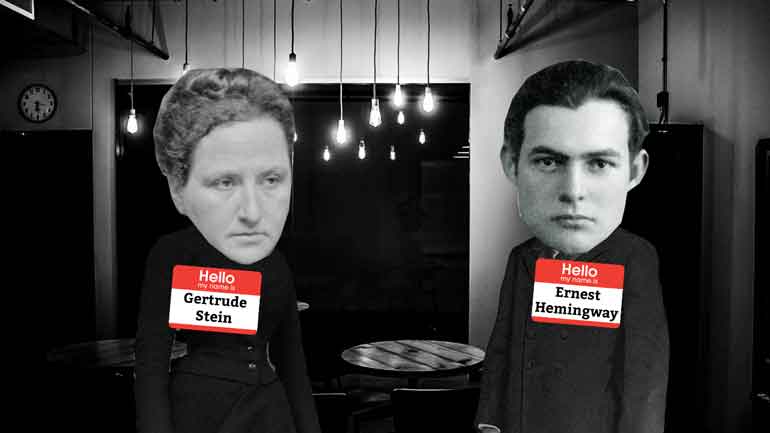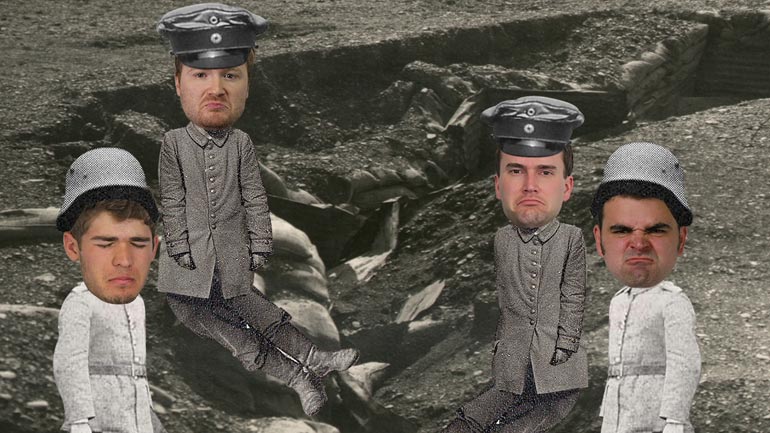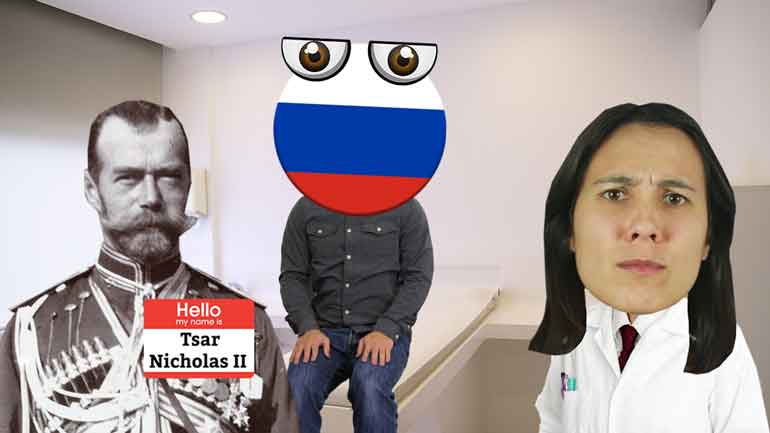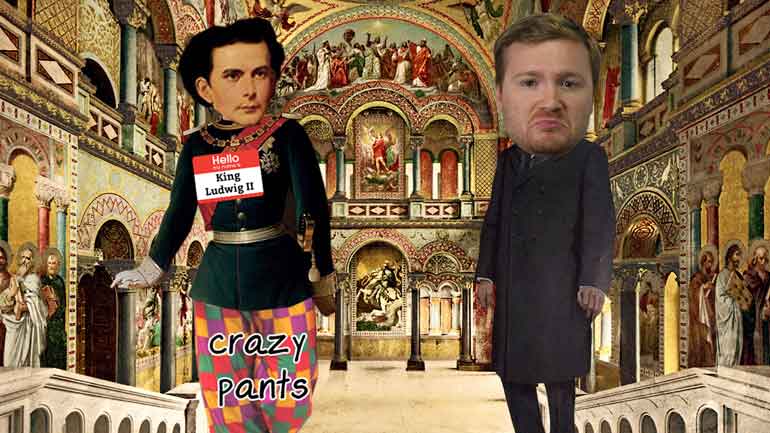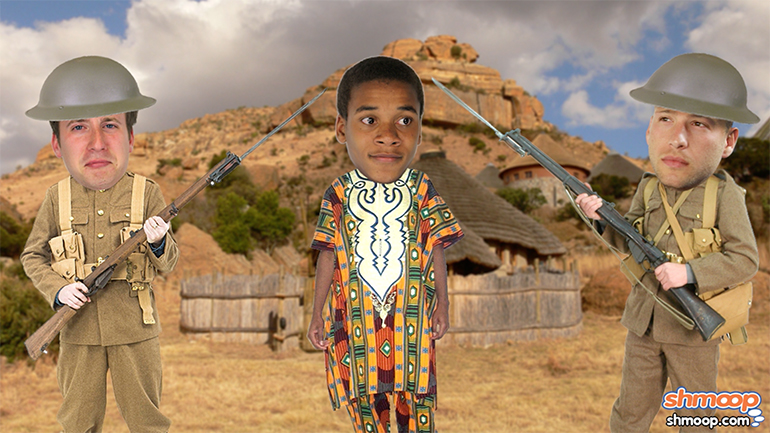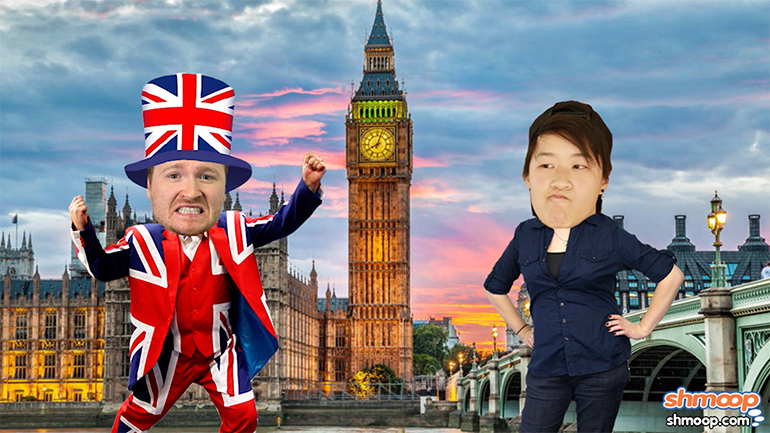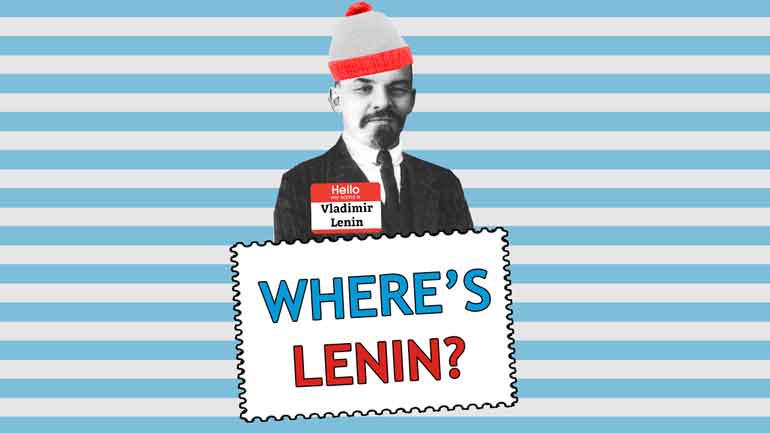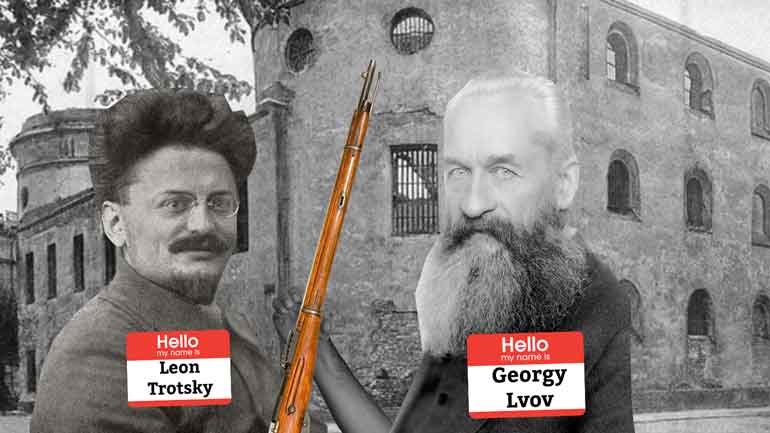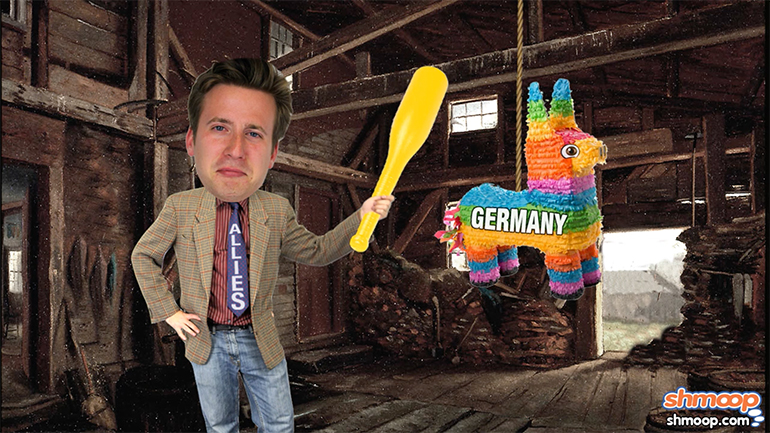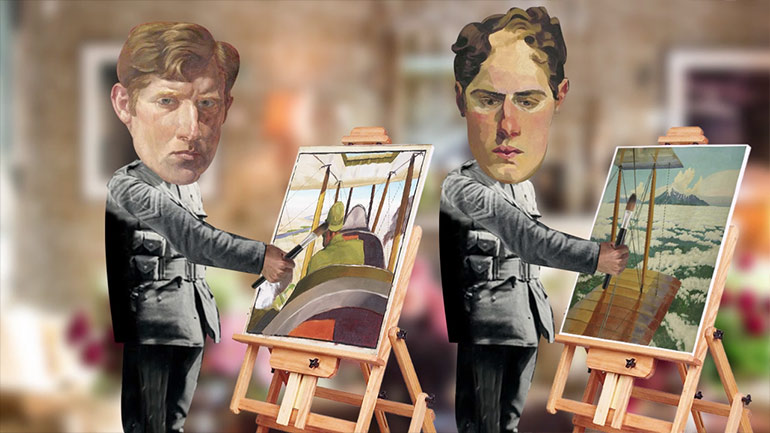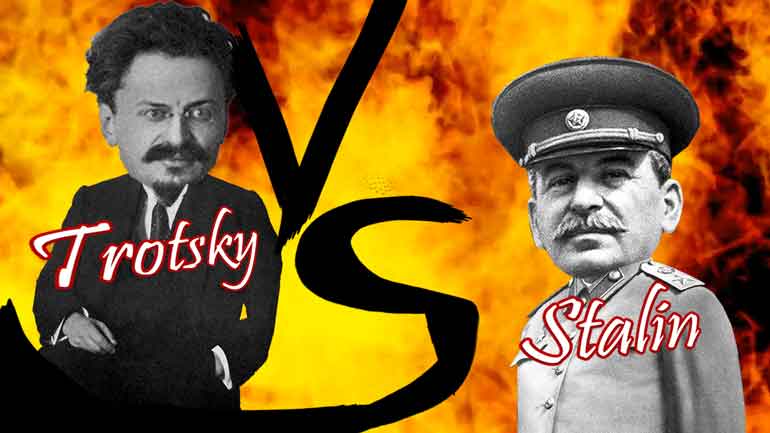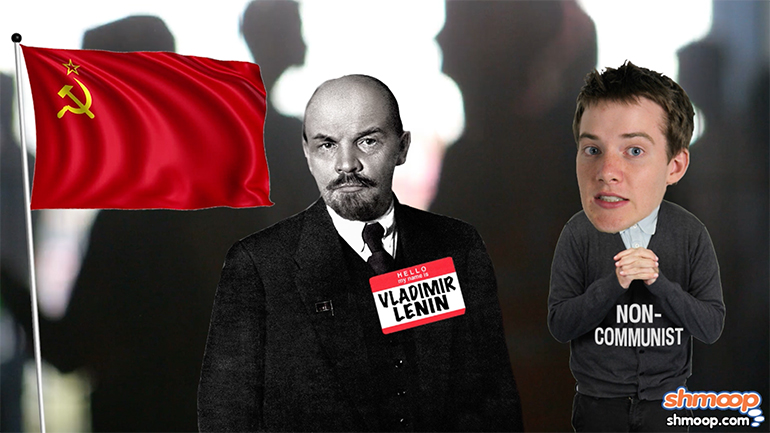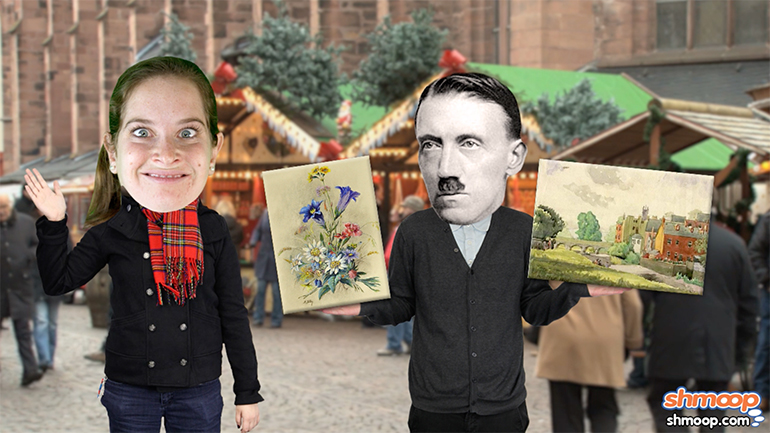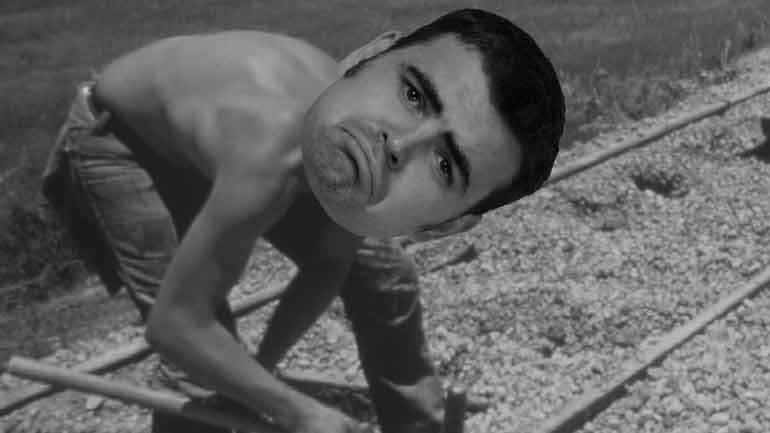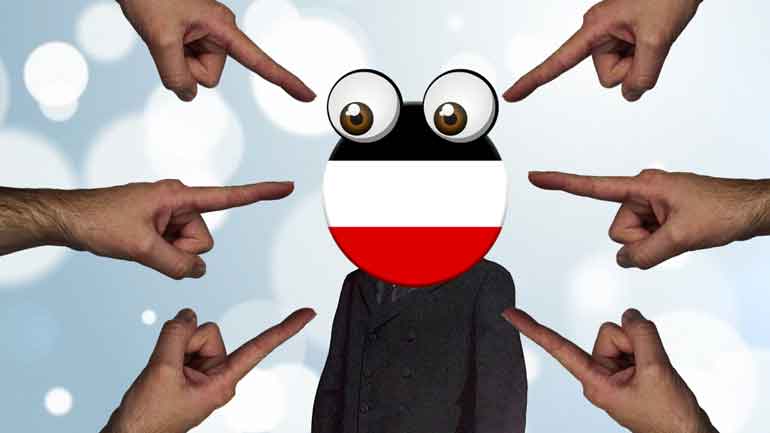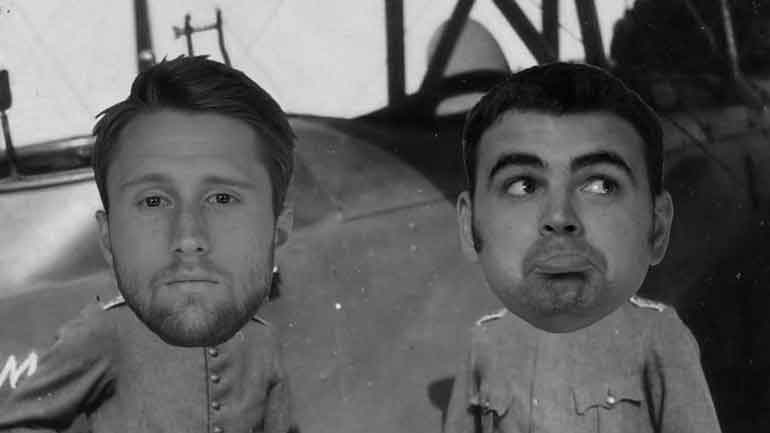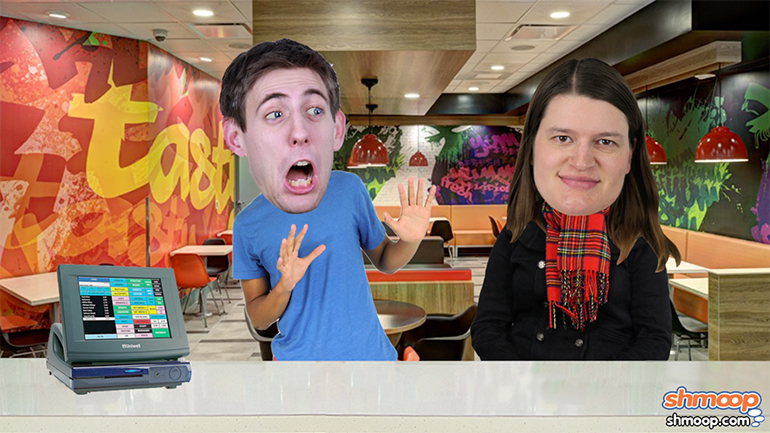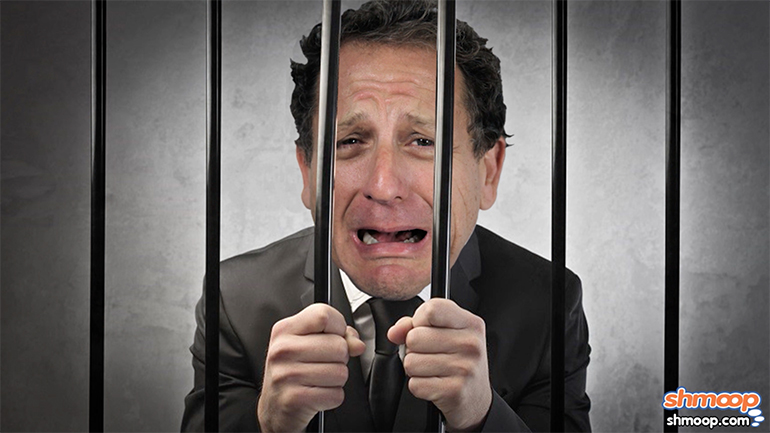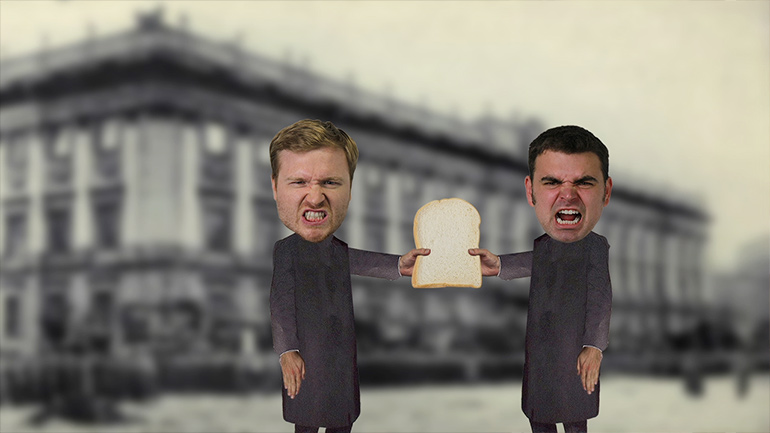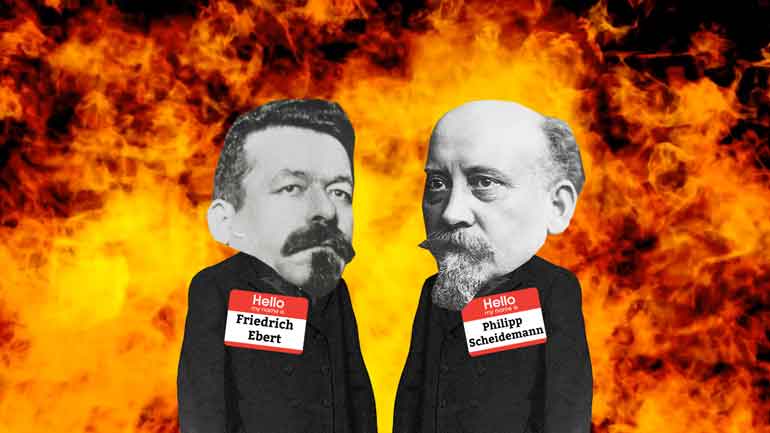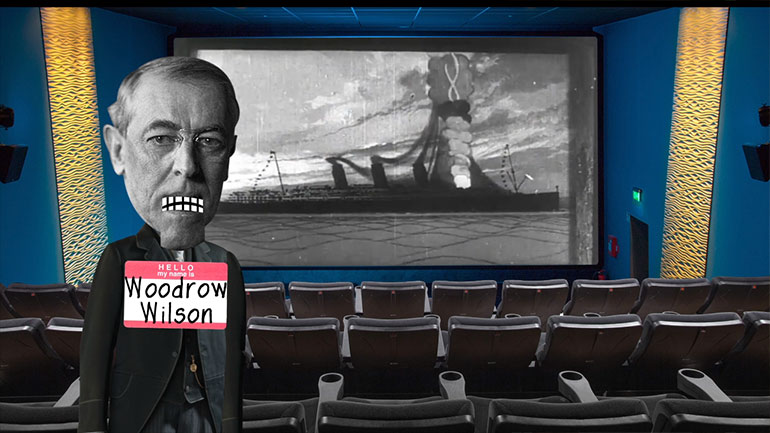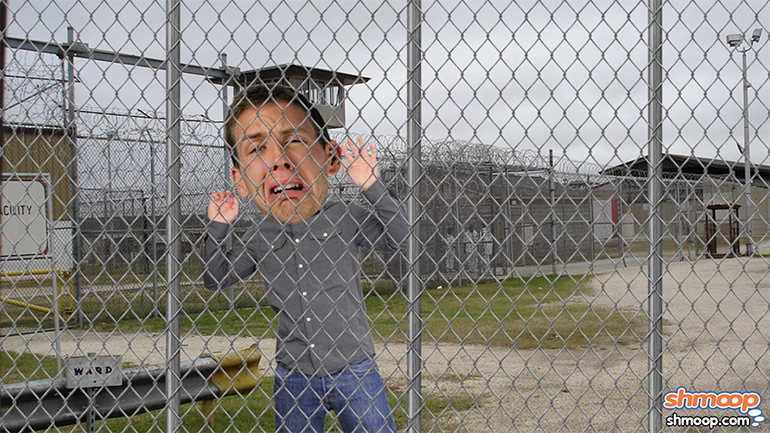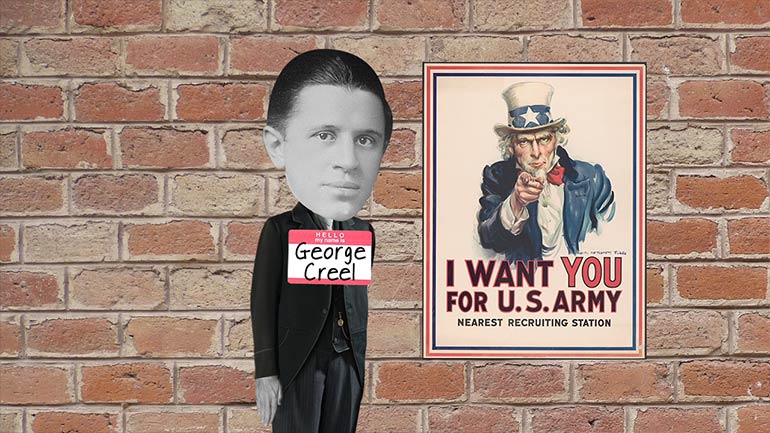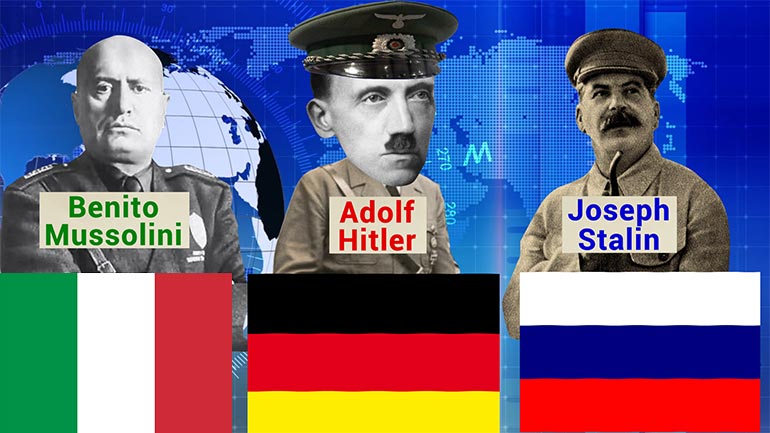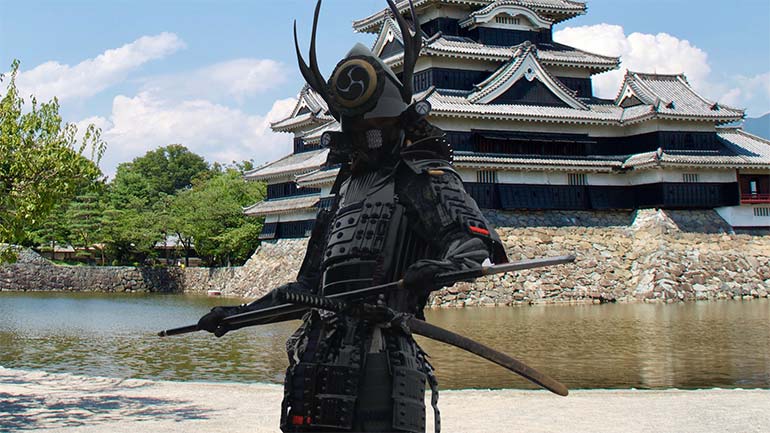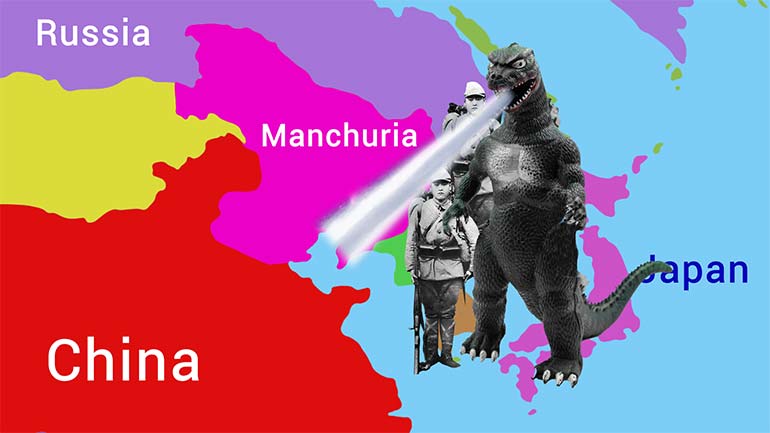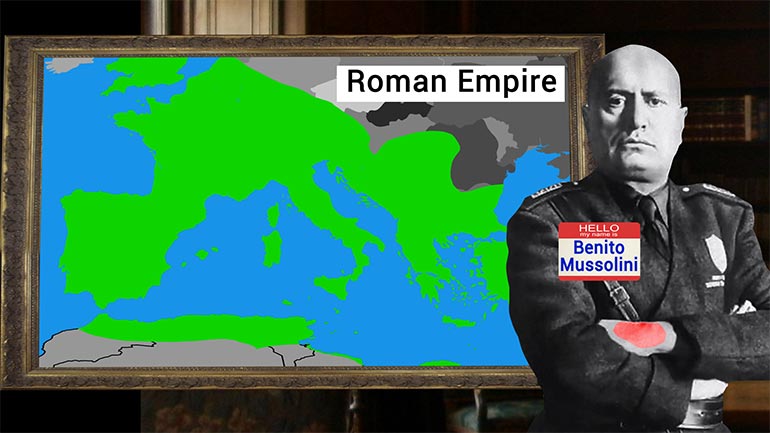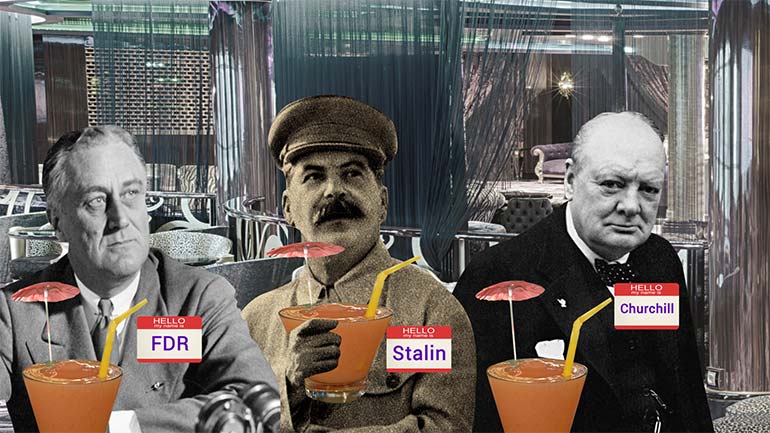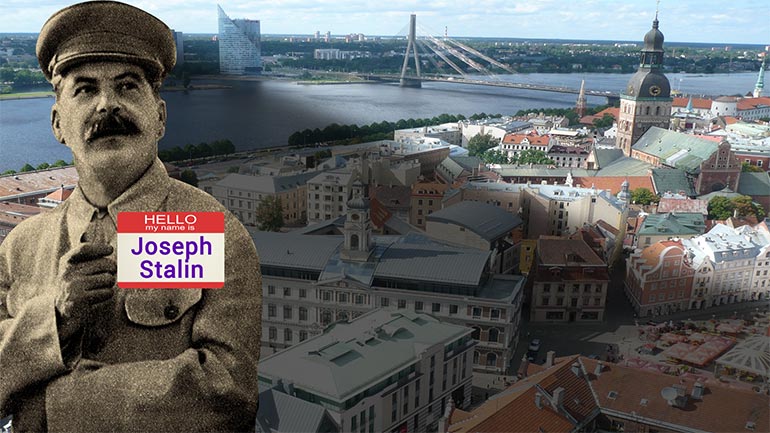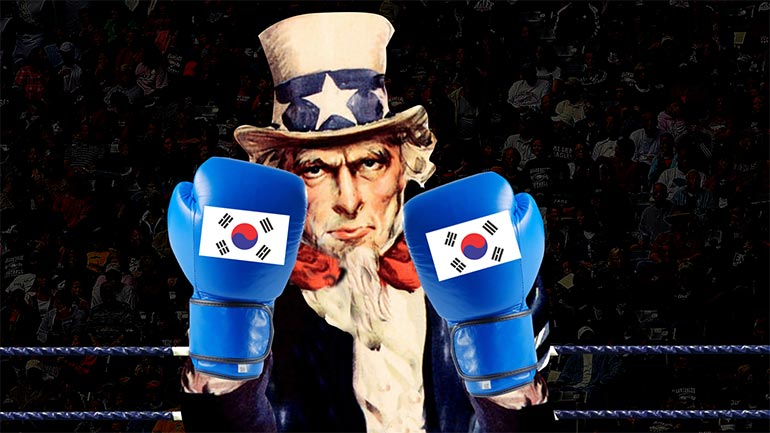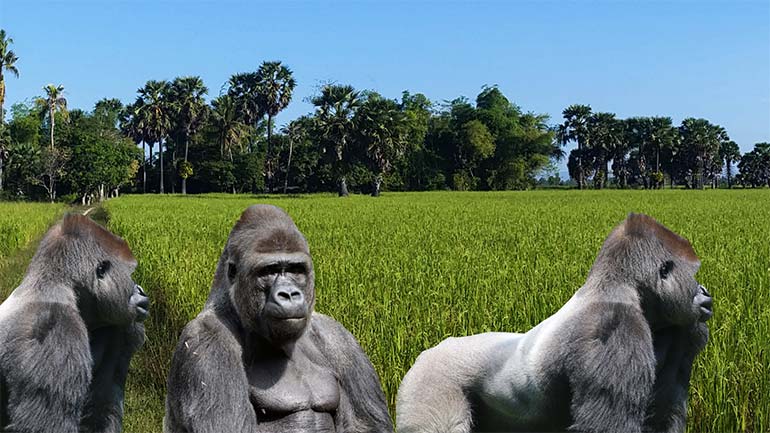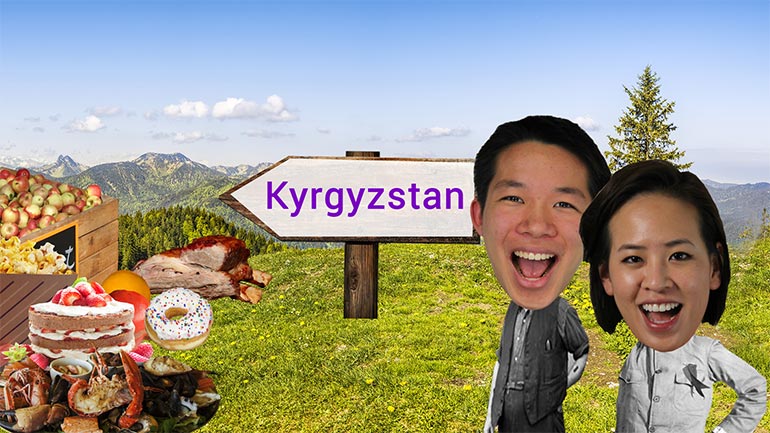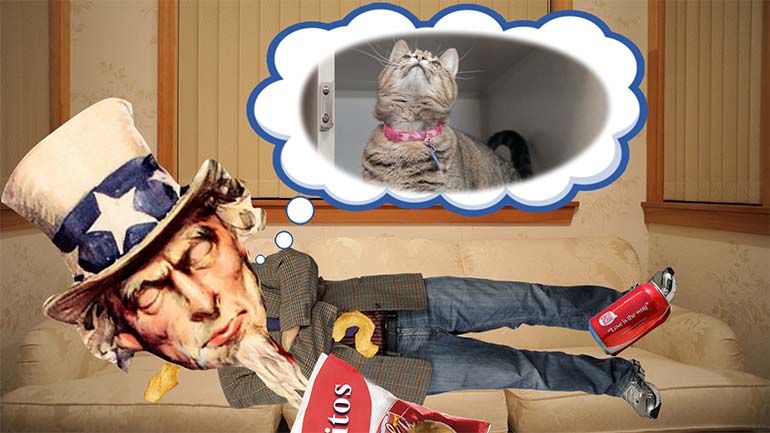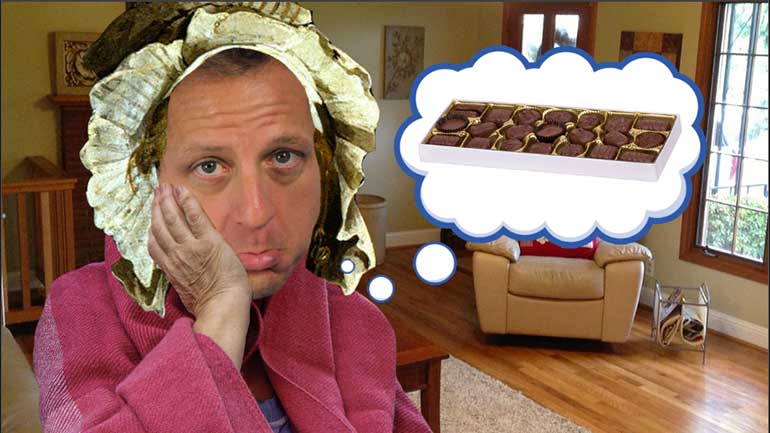ShmoopTube
Where Monty Python meets your 10th grade teacher.
Search Thousands of Shmoop Videos
Modern World History Videos 86 videos
Today we're tackling unions, a.k.a. the people who brought you weekends, a.k.a. the greatest people who have ever existed. We'd send them a thank y...
Modern World History 3.9 Rise of Capital 46 Views
Share It!
Description:
We all know what happens when the Capitol rises: the Hunger Games start.
Transcript
- 00:03
In our last unit, we saw how the success of one little revolution back in 1776
- 00:10
led to most of the world embracing
- 00:12
some form of democratic governance today.
- 00:15
In this unit, we're going to talk about a different
- 00:17
kind of revolution: Dance Dance Revolution…
Full Transcript
- 00:20
No? Alright, fine.
- 00:21
Guess we're talking about the industrial kind instead.
- 00:24
But first, let's go back in time a bit.
- 00:25
Between the epoch of the Greeks and the Romans and the 18th century, mechanical invention was pretty much nil.
- 00:33
Aristocrats relied on peasants and animals to perform manual labor.
- 00:37
They would've used windmills, too, but Don Quixote kept coming along and destroying the darned things.
- 00:41
Around this same time, a bunch of Europeans kicked off the
- 00:44
Age of Exploration by going out into the world to
- 00:47
conquer new lands, enslave new peoples, and steal lots of natural resources from native populations.
- 00:54
The end result? The economies of Europe expanded by leaps and bounds as the loot flowed in.
- 00:59
Thinking small and local didn't work anymore.
- 01:02
It was time for mercantilism to take the wheel.
- 01:04
Fun fact: that was almost the title of a Carrie Underwood song…"Mercantilism Take the Wheel."
- 01:09
Just didn't have quite the same ring to it though.
- 01:12
The central tenet of mercantilism is that you must export more than you import.
- 01:17
This seems like a pretty simple concept, right?
- 01:18
However, in order for mercantilism to work,
- 01:21
the nations of Europe had to embrace protectionism.
- 01:24
Sorry, Spaniards. No fine French champagne for you.
- 01:27
We hear the iced tea is pretty nice.
- 01:28
While protectionism was great for the people in charge in Europe, it was terrible for consumers,
- 01:33
who couldn't get access to all the products they wanted.
- 01:35
Protectionism also drove up the prices on certain products, walloping consumers right in the pocketbook.
- 01:41
Lots of that lovely money flowed into the hands of businessmen looking to get even wealthier than they already were.
- 01:47
While British merchants in particular believed in the power of investing,
- 01:51
they had some help for their schemes from the Bank of England.
- 01:55
Founded in 1694, the institution existed to help British citizens
- 01:59
borrow money at low interest rates, which meant
- 02:01
lots of entrepreneurs could take out loans to invent and innovate.
- 02:05
But the British had way more going for them by the time the 18th century rolled around than just stellar business acumen.
- 02:11
England was an island, which meant it had access to water,
- 02:15
which meant its merchants had no trouble getting their products to even the most exotic places.
- 02:21
You know, like, Boston Harbor.
- 02:23
Additionally, England was a politically stable country,
- 02:25
and had been since 1688.
- 02:27
No war or conflict had come along
- 02:29
to destroy English infrastructure or force English businessmen to spend their money on things like AR-15s.
- 02:36
England also had a ton of coal and iron at home,
- 02:39
which came in handy when Thomas Newcomen
- 02:41
invented the first steam engine in 1712.
- 02:44
A perfect storm was brewing in England.
- 02:47
This tiny island had the money, the geographic location, the stability, and the resources to do something amazing.
- 02:53
Like lose the American colonies to a bunch of upstart revolutionaries for not sharing.
- 02:57
Okay, well, so that maybe wasn't so amazing for the British.
- 02:59
But some of the folks on ye olde Albion started to wonder what would happen if animals and people,
- 03:06
both of which need food and sleep, didn't have to do so much manual labor.
- 03:10
And what if it were possible to produce a lot of stuff, like buttons or bullets or jelly beans, really, really quickly and cheaply?
- 03:17
It dawned on the British that the new machines they'd been building,
- 03:20
like Newcommen's steam engine, could be used
- 03:22
to complete work far faster than animals or people could.
- 03:26
More efficiency meant more money, which meant more innovation, which meant more money.
- 03:30
And so the Industrial Revolution was born. At least, it was born in England.
- 03:35
Don't worry, Russia, you'll get to modernize, too. Eventually.
Related Videos
GED Social Studies 1.1 Civics and Government
When you're about to marry the love of your life, not many things could stop you. However, finding out that your future hubby is keeping his crazy...
Here at Shmoop, we work for kids, not just the bottom line. Founded by David Siminoff and his wife Ellen Siminoff, Shmoop was originally conceived...
ACT Math: Elementary Algebra Drill 4, Problem 5. What is the solution to the problem shown?

